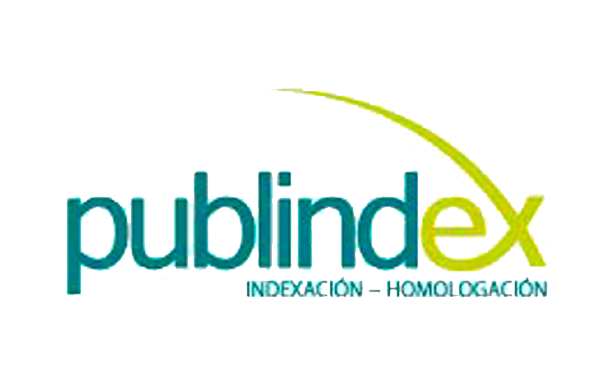Critical education and scientific dissemination in public libraries
Abstract
Without information there is no opinion. This premise, although it seems obvious, can be evidenced today with issues that concern us all: the war in Gaza, the use of transgenics, mining, hydroelectric dams, among many other issues that are of a scientific, public and social nature, and of which it is necessary for the whole society to know and understand in order to make decisions and have the option to choose, with a basis, what is the best option from an individual position but also for the benefit of a collective. In order for people to have an opinion, they first have to be informed, but how can society be informed and know about scientific issues; the answer might seem simple and just say that each person has the ability to document and educate themselves; however, in the real world this does not happen and that is when the role of scientific dissemination is essential and spaces such as libraries, whether public, private, specialized or university can become scenarios for dissemination but also for construction and creation of knowledge.Downloads
References
Raichvarg, D; JacqueS, J. Savants et ignorants. (1991). Une histoire de la vulgari - sation des sciences. Seuil.
Cortiñas,S. (2006). Historia de la divulgación científica. TK.
Guerrero, R. (2002). La divulgación científica en el siglo XX: de Wells a Gould. Science popularization in the 20th century: from Wells to Gould. Quark, (26), 1–6.
Creative Commosn Licence 4.0








